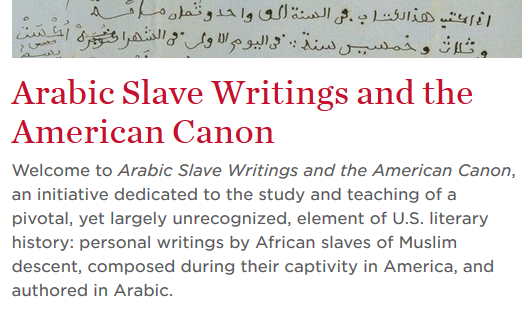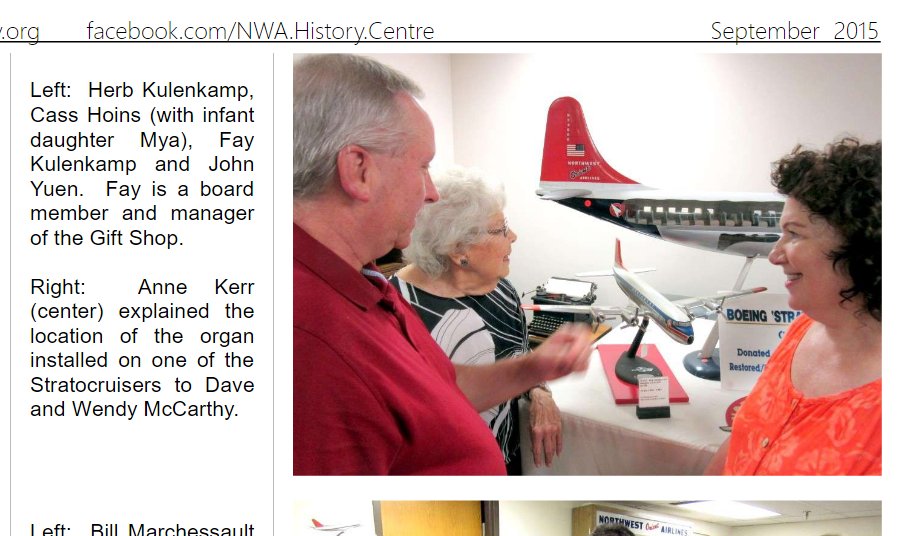Probably the single reason I've never felt any more comfortable playing in/with bands than in classical. It's all just "CosPlaying" the dominant culture(s) for me.
digitalcommons.pace.edu/honorscollege_…
digitalcommons.pace.edu/honorscollege_…
It's the Perpetual Foreigner trope at play in music--going back to George Lewis and his "afrological/eurological" analysis--these are the two primary categories that defines "USianological" (American) music. Thus palcing everything else as other and as Perpetually Foreign Musics.
Not even worthy of inclusion in the old canon, much less in the DEI initiatives for revising the canon even if these forms of musicking have been in the US for centuries. This reinforces the White Canon/White Supremacy/Western Colonialism as determinants of what's "American."
7 Years ago I had similar thoughts about the American Voices" festival at the Kennedy Center--reframing it now in Lewis' analysis--leaving out all the genres of pop music not originating from the "Eurological/Afrological" = "American" Equation.
silpayamanant.wordpress.com/2013/12/13/ame…
silpayamanant.wordpress.com/2013/12/13/ame…
And discussed the long history of Anglicizing names of non-White and non-Black artists as part of the whole process of erasure of color in popular music.
silpayamanant.wordpress.com/2013/12/18/ame…
silpayamanant.wordpress.com/2013/12/18/ame…
Which can also mask the nuances and intersections with other axes (e.g. religion) such as the possible connections with a Islamological mode of musicking that may have influenced Black music given an estimated up to 30% of slaves were African Muslims.
https://twitter.com/Silpayamanant/status/1304338386078044160
Which is just another symptom of the Perpetual Foreigner trope along the axis of religion/religious practice and also demonstrates the colonial logic of what religions, outside Christianity, get general acceptance--usually by widespread appropriation by whites.
This also plays out in language--there are still, and have always been, many places in the US where English isn't spoken as a primary language and in some cases at all by any appreciable proportion of the population.
Which makes it difficult for us to comprehend the growing understanding of Arabic writings by African Slaves as part of US literary history since the Arabic Language and Islam are part of that *Perpetually Foreign* trope in white, Christian America.
niu.edu/arabic-slave-w…
niu.edu/arabic-slave-w…

So I think it's so fantastic that Rhiannon Giddens and Michael Abels have written the opera, Omar, based on Omar Ibn Said's Autobiography written while he was a slave in the US.
https://twitter.com/Silpayamanant/status/1304338377827852288
We can only hope the musics outside the "Afrological/Eurological" divide can get some time in the curricula, funding in performance, recognition as a part of American[USian] music scene. To that end, here are some books that might be useful that I've read over the past few years.
Nancy Rao's "Chinatown Opera Theater in North America" charting the 170 year history of Chinese Opera in the US and Canada. I've mentioned elsewhere, Chinese Traditional Orchestras are the most ubiquitous large ensembles outside of Eurological groups.
press.uillinois.edu/books/catalog/…
press.uillinois.edu/books/catalog/…
Richard March's "The Tamburitza Tradition: From the Balkans to the American Midwest" which discusses Croatian American's plectrum orchestras/soloists that are uniquely tied to an intracongregational network worldwide that have evolved since the mid 1800s.
uwpress.wisc.edu/books/5043.htm
uwpress.wisc.edu/books/5043.htm
Evan Rapport's "Greeted with Smiles: Bukharian Jewish Music and Musicians in New York." In the past ten years, I've played in Klezmer & Sephardic music groups, but I've also learned/performed this rep by Mizrahi Jews. An entirely different musical world.
global.oup.com/academic/produ…
global.oup.com/academic/produ…
Not a book, but a series of articles about Arab American ensembles and orchestras by Sami Asmar. The pieces in the series aren't linked in this article but a search for "America's Other Orchestras" will bring up all 14 pieces.
arabamerica.com/americas-orche…
arabamerica.com/americas-orche…
I haven't read all these yet, but the Refiguring American Music series has a number of books featuring some aspect of BIPOC American's musical cultures.
dukeupress.edu/books/browse/b…
dukeupress.edu/books/browse/b…
So essentially, what I was saying ab classical music's exclusion logic in this thread about the Perpetual Foreigner Trope and Colonialism is replicated at the microlevel when DEI initiatives define American Popular Music(s) from an exclusionary viewpoint.
https://twitter.com/Silpayamanant/status/1078553943284813824
• • •
Missing some Tweet in this thread? You can try to
force a refresh










